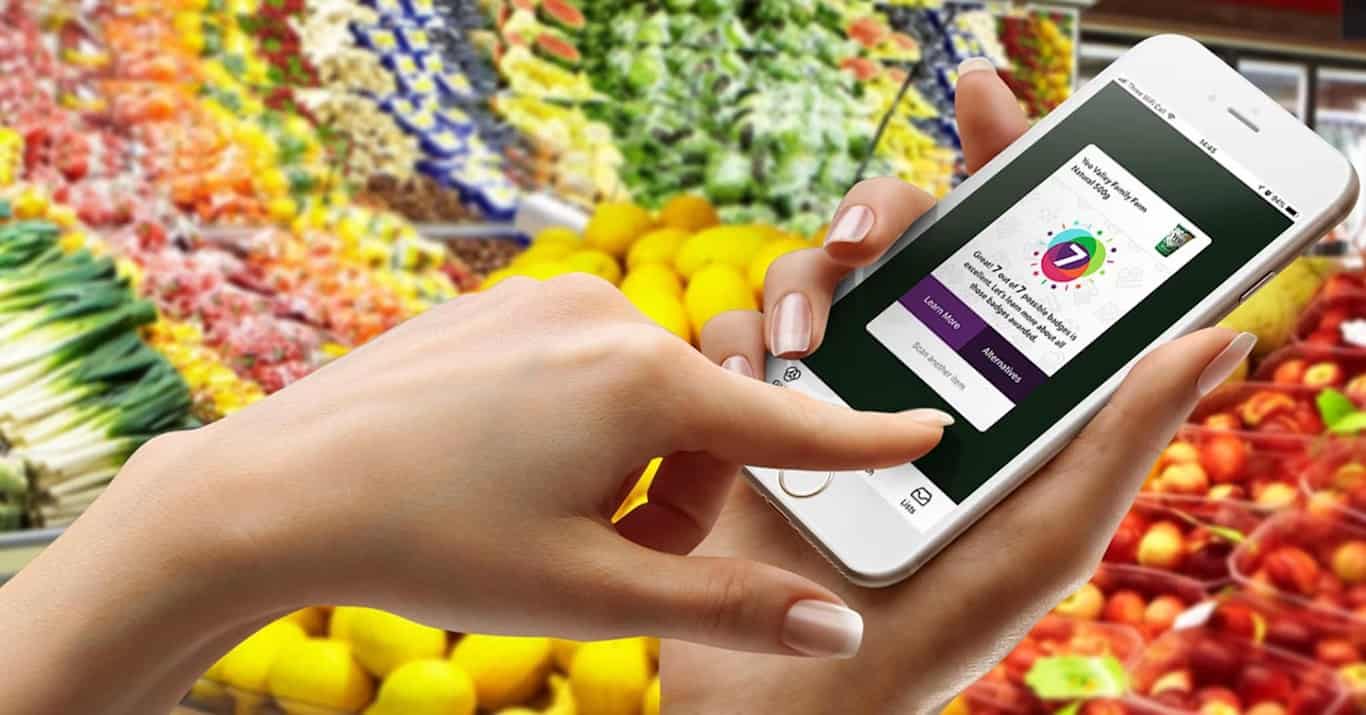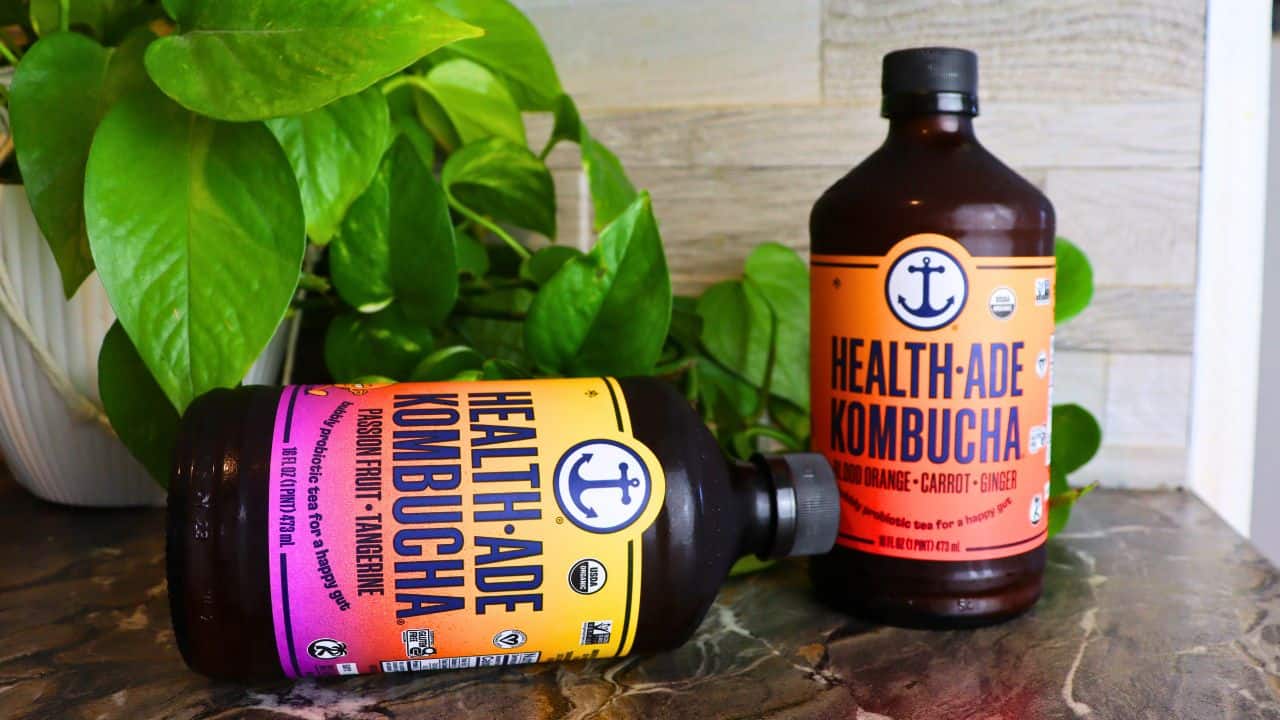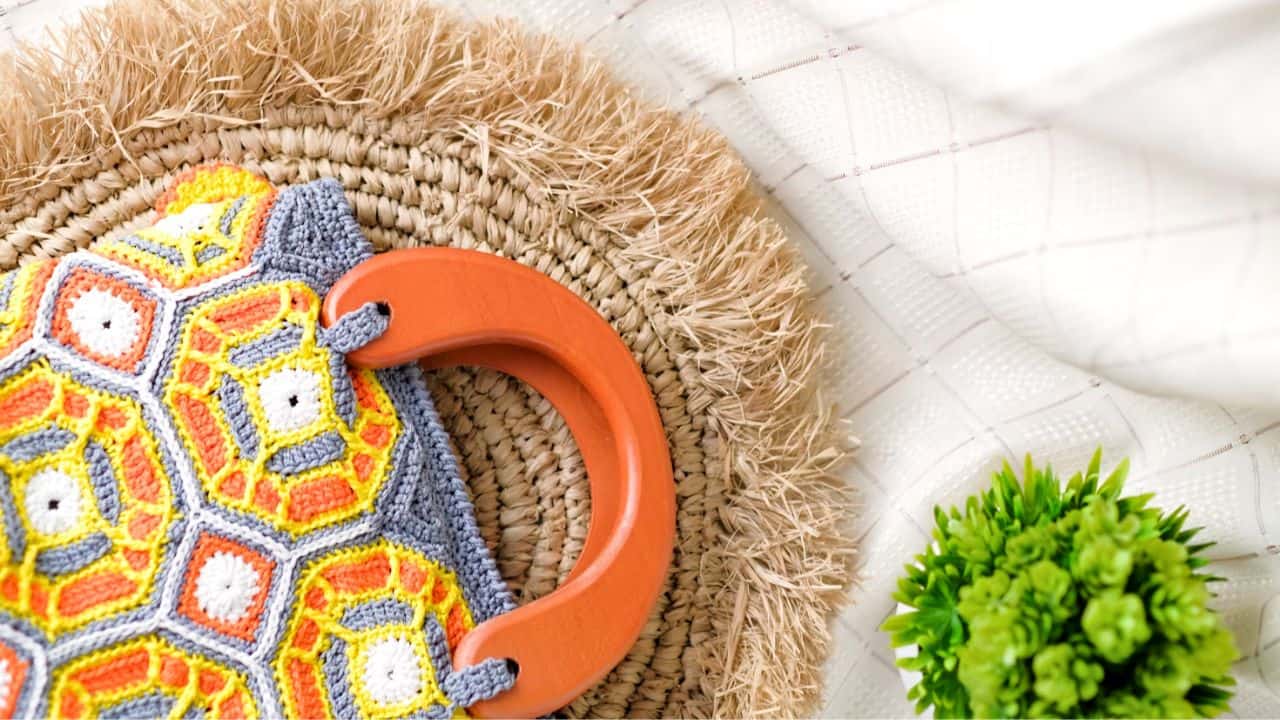Palm oil is bad. You won’t have to spend a lot of time on google images to see why.
What’s more, palm oil is in everything.
It has long been a flash point issue for eco-aware consumers, most recently highlighted by the banned Iceland TV advert that highlighted the plight of Sumatran Orangutans, whose habitat is cut down to make way for palm oil crops.
Which products contain palm oil?
If only there was a simple answer to this question.
The news that palm oil is in many common products is not new. However, sometimes this slippery substance is hard to spot! Palm oil can come disguised under different names, and the ingredients of certain goods can change to include it when it wasn’t there before. Charities warn that palm oil is in 50% of supermarket products, one way or another.
This can make the palm oil problem seem daunting and endless.
Stay sustainable with the palm oil app
This palm oil detecting app will help shop sustainably, by telling you which palm oil-filled products to avoid. The app is from social enterprise Giki will help protect Orangutans and other animals who suffer terribly as a result of the devastating deforestation that wreaks havoc on their habitats. With the app, you simply scan a barcode and see whether a product contains non-sustainable palm oil through a straightforward rating system.
The app is free to download and can rate 250,000 everyday products with 13 badges that compare everything from palm oil production to whether the packaging is recyclable or not.

Palm oil can come in disguise
Like with most complex ecological issues, it’s not as simple as avoiding or rejecting palm oil all together.
For instance, did you know that palm oil gets listed as an ingredient under literally hundreds of different names?
Most of us might recognise ‘palm kernel oil’ or ‘palmolein’ as having something to do with palm oil, but we might not know that ‘glyceryl’ or ‘stearate’ is also palm oil.
Swapping out palm oil products
Swapping to palm oil alternatives isn’t always a winner either. WWF advises that palm oil alternatives need up to nine times more land to produce. However as consumers and corporations, we need to act to change the rapid rise in demand for palm oil.
Ethical Consumer has said that the demand for palm oil is set to triple by 2050 – which would cause mass deforestation and even more diversity loss. This comes at a time when we can’t afford to lose any more ancient forests, which act as carbon sinks apart from anything else.

Smartphones send a sustainable message
So back to the app and putting the choice for palm oil in the palm of your hand… Giki’s new app tells shoppers quickly if there is palm oil in any form in the product and whether it’s been sustainably grown. By supporting the brands and products that are farming responsibly, it helps send a message that we won’t stand for wildlife habitats being destroyed. What will you choose?
Will you do the #PalmOilAudit?
Chances are you’ll have palm oil in almost every product in every room of your home. It’s in everything from shampoo to cooking oil. If you can swap 10 things from palm oil to palm oil free, we can make a big impact in 2019. Remember, as a consumer the power is in your pocket and purse.
Grab the free Giki app, scan the products in your cupboards and bathroom and if there’s palm oil in there, the app will make palm oil free suggestions.
Looking for other ways to be a greener consumer?
Read about some food waste heroes here










